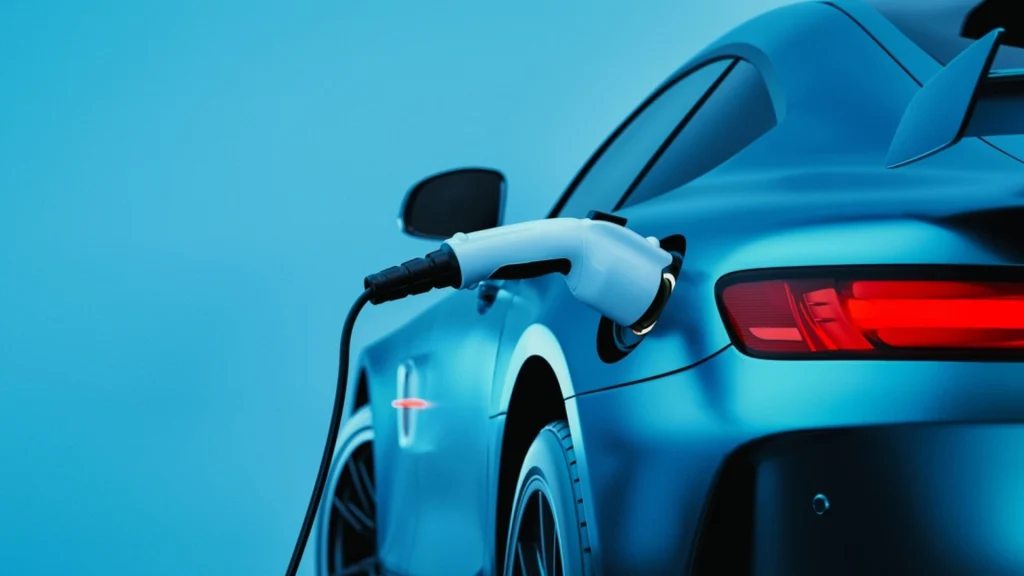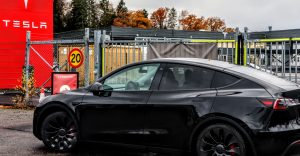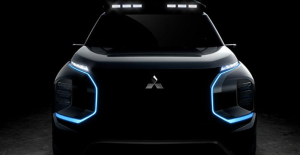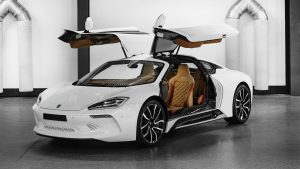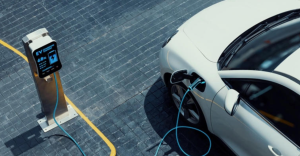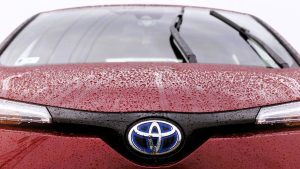Strong government policies and incentives have propelled Norway to the forefront of the electric vehicle revolution, where most new cars sold are now fully electric.
Others are reading now
The global shift to sustainable transport is accelerating, with some countries making strides faster than others.
Various factors, including government initiatives, infrastructure investment, and consumer demand, influence how quickly these transitions occur.
Norway’s success in promoting electric vehicles (EVs) is now being closely watched worldwide.
As reported by WP Tech, Norway’s focus on EV adoption has resulted in electric vehicles making up over 96% of new car sales in early 2025.
Also read
How Norway Achieved Its EV Transformation
Norway has offered numerous incentives to encourage citizens to buy electric vehicles, including VAT exemptions, reduced toll fees, free or discounted parking, and access to bus lanes.
These policies have created a compelling economic case for EV ownership.
In contrast, the appeal of internal combustion engine (ICE) vehicles has diminished.
The nation made an early commitment to shift away from fossil fuel-powered cars, with policies enacted consistently since 2017.
According to Christina Bu, secretary general of the Norwegian Electric Vehicle Association (NEVA), this shift was driven by policy rather than environmental attitudes: “Norwegians aren’t inherently more eco-conscious. People quickly understood the benefits and adjusted their thinking.”
Sales data highlight the dramatic progress. In 2010, EVs accounted for less than 1% of car sales. By 2024, that figure had reached 88.9%, and in 2025, it has exceeded 96%.
Future Implications and Challenges
Although electric cars now dominate new car sales, they still represent only 28% of all vehicles in Norway, with over 40% in Oslo.
Professor Harald Nils Røstvik from the University of Stavanger believes there is no turning back. “Electric cars are quieter, more efficient, and cleaner. We won’t return to large, noisy, and dirty diesel vehicles. It just isn’t logical,” he explained.
However, critics point to a paradox in Norway’s environmental efforts. While the country leads in EV adoption, it is also one of the world’s top exporters of oil and gas.
The Norwegian government defends its energy sector, citing low-emission extraction technologies, but the criticism of double standards persists.
Norway’s wealth, largely built on fossil fuel exports, has helped fund its bold EV policies.
According to ING economist Rico Luman, most nations cannot replicate Norway’s success because they lack the same resources and cheap electricity from hydropower.
He notes that Germany, for example, saw EV sales drop sharply after reducing subsidies.
China, however, may soon rival Norway in EV transformation, with electric and hybrid vehicles already comprising 50% of new car sales. The country’s aggressive policies have accelerated the transition beyond expert forecasts.

